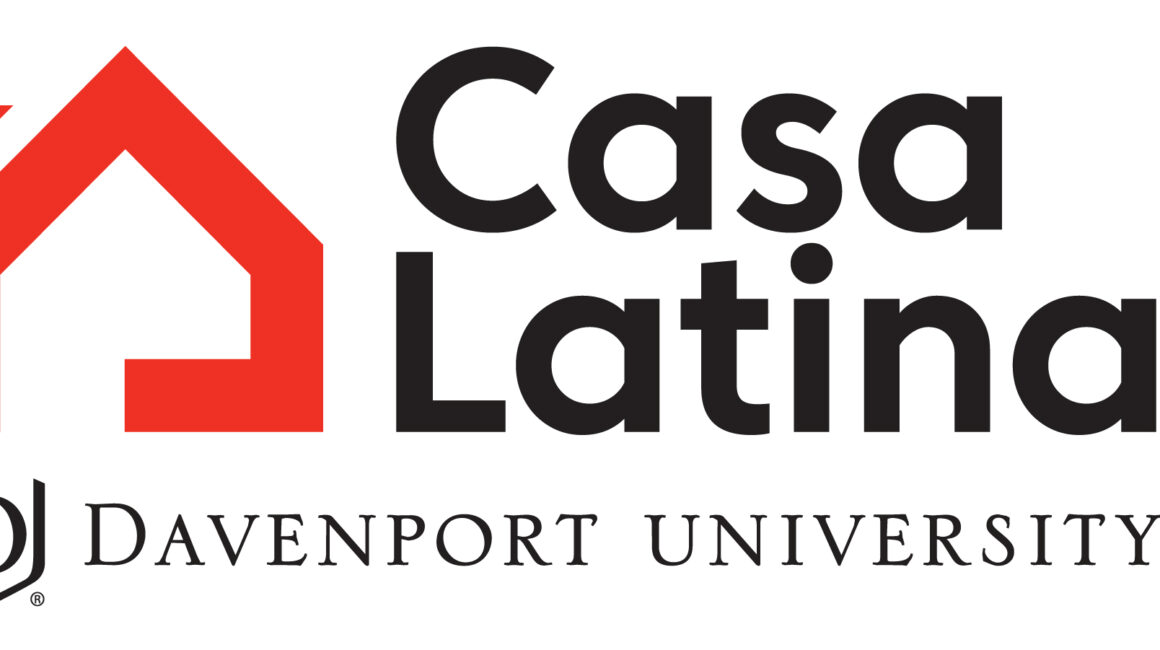
The Human Resources field is growing. Over the next 6-7 years, there will be nearly 200,000 job openings nationally. With a Human Resources Management degree, students can build a career with unlimited opportunities for playing a critical role in managing the most vital resource companies have – employees.
The importance of strategic employee management has never been more apparent than during the pandemic. Many employers faced significant challenges – from the “Great Resignation” period to challenges surrounding keeping a workforce running while handling serious health and safety concerns. Human Resources (HR) management played a critical role in helping companies find and implement practical and creative solutions to workforce problems during a chaotic time.
A career pathway with three steps
Many universities offer students a career pathway that enables students to take their academic and professional careers in a phased approach. For instance, at Davenport University, students can grow their potential and salary with three different degree options, including:
- an associate’s degree
- a bachelor’s
- a master’s degree
Davenport enables students to stack these degrees to quickly add to their expertise and earning potential. With each level, students increase their opportunities to advance within their organization. Davenport also offers students with significant HR experience experiential course credit through a Prior Learning Assessment, making a re-entry into the program even more accessible.
Associates Degree
An associate’s degree will help kick-start your HR career. This degree sets a strong foundation of knowledge in the field. The associate degree qualifies students for many entry-level HR-related jobs and prepares them for further advancement and specialization. The associate degree is a great place to start for students interested in the field or who have already been delegated some HR functions in their current position.
On average, professionals with an associate degree in Human Resources earn between $39,000 and $65,000.
Bachelor’s Degree
A bachelor’s in Human Resource Management enables students to step toward a higher-level HR position or enhance their existing business degree. The bachelor’s program enhances student’s HR competencies in the following areas:
- Compensation
- Training
- Staffing
- Organizational Development
- Negotiation
- Legal Compliance
Students in this program often walk out understanding how to:
- Analyze and design compensation systems
- Develop training programs
- Develop and Execute staffing plans
- Negotiate employment agreements
- Analyze case studies for legal risks and compliance
On average, professionals with a bachelor’s degree in Human Resources can earn a median annual wage of $126,230.
Master’s Degree
A master’s degree program is the next step on the career pathway for HR and management professionals who want to take their skills to the next level of sophistication. All HR competencies are studied with an emphasis on strategic integration with all functional areas of an organization. Students learn and practice skills using complex case studies calling for critical analysis and creative problem-solving.
On average, professionals with a master’s degree in Human Resources earn between $75,000 and $208,000.
What traits should you have to be successful in Human Resources?
The duties of a human resource department are to keep things running smoothly and efficiently. Some responsibilities entail finding qualified candidates to fill vacant positions, keeping employees engaged and solving various workplace problems.
There are plenty of traits that make a successful HR professional, but these ten attributes are crucial to being an effective human resource manager including:
- Having a strong sense of ethics
- Being approachable, composed, and able to motivate others
- Being well-organized
- Having excellent communication skills, including engaging presentation skills
- Ability to serve as a leader with a strategic vision
- Ability to address conflict resolution and problem solver
- Being tech savvy
- Ability to be financially competent
- Having strong emotional intelligence
- Ability to serve as a multitasker
Human Resources Career Pathway
A career in human resources offers many rewarding experiences and allows you to build upon your skillset to enhance learning and earning potential. Davenport’s degree opportunities make entry into the program and re-entry into the program seamless and provides students with a ladder for professional development and career advancement.



No Responses